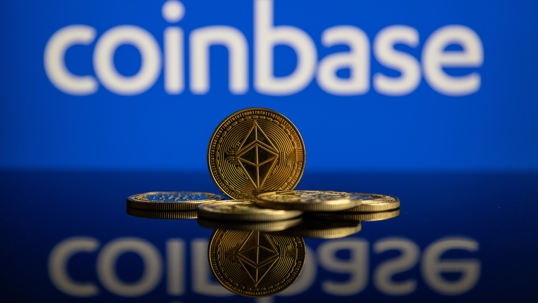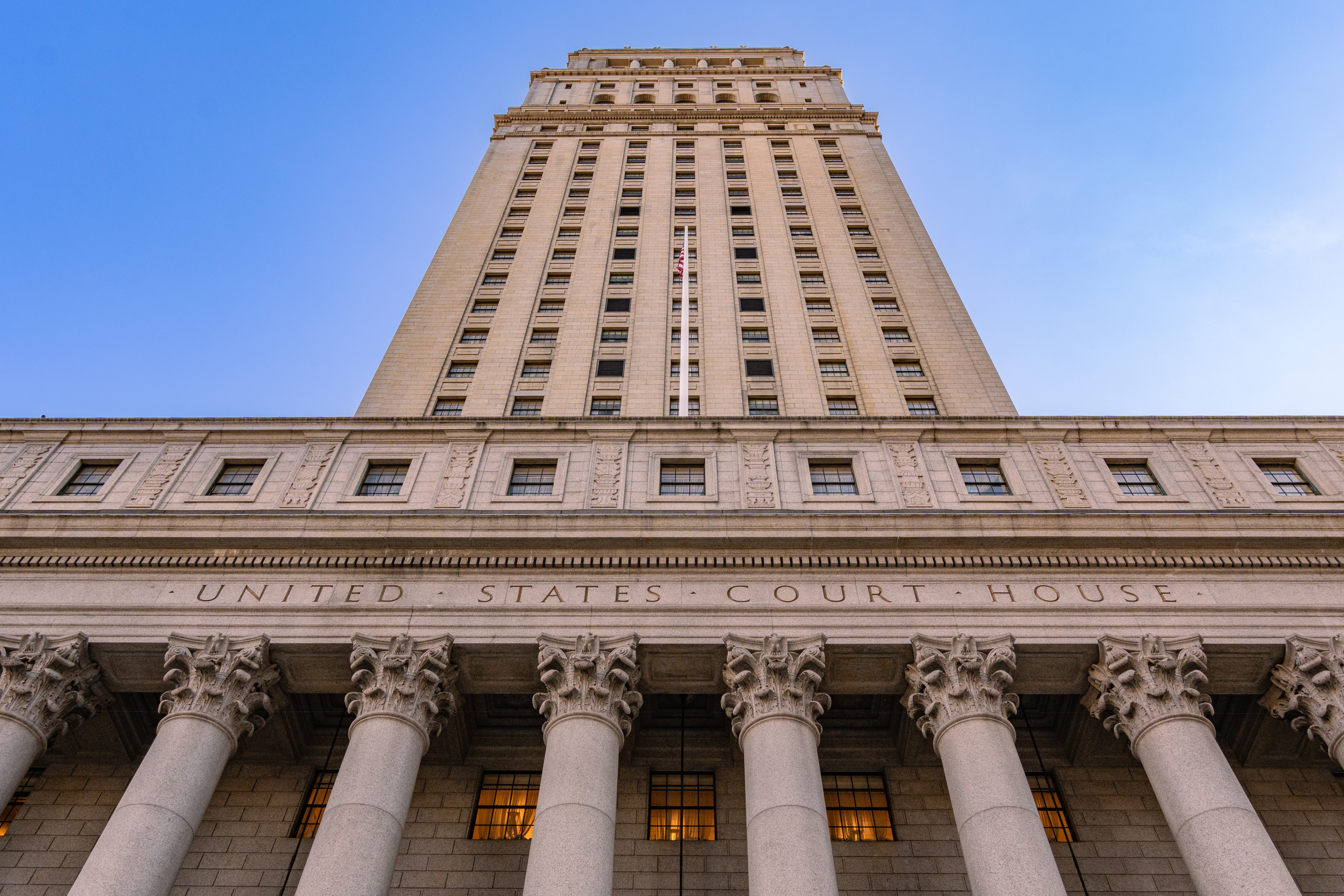Coinbase Secures Major Procedural Win in Ongoing SEC Enforcement Action: Judge Failla Certifies Key Crypto Issues for Immediate Appeal
R Tamara de Silva
Summary: On January 7, 2025, Judge Katherine Polk Failla of the U.S. District Court for the Southern District of New York granted Coinbase’s motion to certify her prior ruling for interlocutory appeal to the Second Circuit Court of Appeals. The SEC had initiated the enforcement action in June 2023, alleging Coinbase operated as an unregistered broker, exchange, and clearing agency for crypto-assets that the Commission views as securities. Coinbase countered that the digital assets do not meet the “investment contract” definition under the Supreme Court’s Howey test, and therefore fall outside SEC jurisdiction. By allowing an immediate appeal, the court effectively paused the ongoing litigation and set the stage for the Second Circuit to resolve pivotal questions about the legal treatment of cryptocurrency transactions.
On January 7, 2025, in a significant development for Coinbase, the Honorable Katherine Polk Failla of the U.S. District Court for the Southern District of New York granted Coinbase’s motion to stay the entire SEC enforcement action pending appeal, and bringing the district court litigation to a temporary halt. She certified her prior Order for interlocutory appeal to the Second Circuit Court of Appeals. In her earlier Order (dated March 27, 2024), Judge Failla had granted in part and denied in part Coinbase’s motion for judgment on the pleadings in the SEC’s enforcement action against the crypto exchange. Now, her latest ruling lets the Second Circuit weigh in on crucial questions about how—and whether—federal securities laws apply to digital asset transactions.
Below is a summary of the Court’s decision, the background of the case, and what lies ahead.
Background
The SEC’s Complaint
The SEC filed suit in June 2023, alleging that Coinbase had facilitated transactions in crypto-assets that should be treated as “securities” under federal law. The Commission claimed Coinbase acted as an unregistered broker, exchange, and clearing agency—all in violation of the Securities Exchange Act and related statutes.
Coinbase’s Defense
Coinbase moved for judgment on the pleadings. It argued that the digital assets traded through its platform are not “investment contracts” under the Supreme Court’s landmark test in SEC v. W.J. Howey Co. (the “Howey test”), and therefore fall outside the SEC’s jurisdiction. Coinbase also argued that the SEC lacked authority to pursue its enforcement action, invoking the Major Questions Doctrine, among other defenses.
Judge Failla’s March 27, 2024 Order
After parsing Coinbase’s arguments in detail, Judge Failla concluded the SEC had sufficiently alleged that certain crypto-asset transactions facilitated by Coinbase could qualify as “investment contracts.” However, she dismissed one narrow part of the SEC’s broker claim related to Coinbase’s Wallet service. The Court declined to adopt Coinbase’s view that crypto-asset transactions must involve contractual or post-sale obligations to constitute “investment contracts.” Instead, focusing on the “economic realities” of crypto ecosystems, the Court noted that many of these assets have “no inherent value” outside of the networks and developer teams working to increase the tokens’ utility (and, therefore, their price).
Why This Certification Matters
1) A Chance to Clarify Howey’s Application to Crypto
In granting certification under 28 U.S.C. § 1292(b), Judge Failla highlighted that how Howey applies to crypto-assets—particularly in secondary market transactions—is a novel and unsettled issue. District courts in the Southern District of New York and elsewhere have issued conflicting decisions on whether secondary market trades of tokens involve an expectation of profits derived from others’ efforts. By greenlighting an immediate appeal, Judge Failla is effectively asking the Second Circuit to provide needed clarity on whether and how tokens fit within the statutory definition of securities.
2) Possible Scope for Broader Issues
Although her primary focus is on “how to apply Howey to crypto asset transactions,” Judge Failla recognized the Second Circuit might also consider:
- Coinbase’s “Staking Program” and whether staking services constitute an investment contract.
- Major Questions Doctrine arguments regarding the SEC’s authority to regulate crypto-assets without explicit congressional guidance.
3) Litigation Standstill
The Court stayed all proceedings in the district court while the Second Circuit considers these issues. That stay prevents further discovery battles or trial preparation (which were ongoing) until the appellate court rules.
Key Takeaways from the Opinion
- “Investment Contracts” Do Not Require Traditional Contracts
Judge Failla explicitly rejected Coinbase’s argument that crypto-asset transactions must include a contractual or post-sale obligation to qualify as “investment contracts.” Relying on Howey and its progeny, the Court held the test looks to the “economic realities” of a transaction, not the presence or absence of formal contracts. - The “Ecosystem” is Central
A repeated theme is that many crypto-asset tokens have “no inherent value” absent the development efforts of issuers and promoters, whose work can increase demand and price. This reality, according to Judge Failla, often satisfies Howey’s requirement that profits be derived from “the efforts of others.” - No Distinction Between Primary and Secondary Markets
Aligning with another recent opinion (SEC v. Terraform Labs), the Court declined to carve out separate treatment for secondary-market retail buyers versus direct institutional buyers. In contrast, another Southern District of New York decision (SEC v. Ripple Labs) attempted to differentiate institutional token sales (securities) from secondary retail sales (not securities). Judge Failla’s view is that the Howey analysis turns on substance, not whether the buyer is on a public exchange. - Certification Due to “Conflicting Authority”
Judge Failla acknowledged that other courts have reached different conclusions on similar questions, creating uncertainty for crypto markets. Certifying the ruling for appeal means the Second Circuit could unify how district courts apply Howey to crypto-assets—a step that would have nationwide influence. - Major Questions Doctrine & Staking
Even though the Court rejected Coinbase’s Major Questions Doctrine claim at this stage, it recognized that the Second Circuit has the discretion to consider whether Congress clearly delegated authority to the SEC to regulate digital assets. Likewise, the Second Circuit may address whether Coinbase’s staking services, in which users can “lock up” tokens in exchange for rewards, fit the Howey definition of an investment contract.
Looking Ahead
Second Circuit Ruling
An interlocutory appeal means that, instead of waiting for a full trial and final judgment, the Court of Appeals will now review core legal issues. Whatever the Second Circuit decides will heavily shape not only this case but also the broader regulatory landscape for crypto.
Ongoing Stakeholder Watch
Companies, investors, and policymakers nationwide will be watching the appeal for guidance on whether and to what extent crypto tokens are regulated as securities. The decision may also have ripple effects for other SEC enforcement matters, such as whether particular staking programs or DeFi initiatives involve the offer or sale of securities.
Discovery & Case Timelines
Until the Second Circuit rules, all discovery deadlines and motion practice in the district court are on hold. Depending on the appellate timeline, any resumed litigation in the district court could be months or longer in the future.
Conclusion
Judge Failla’s January 7, 2025 Order is a significant moment in the SEC’s enforcement action against Coinbase. By certifying the question of “how to apply Howey to crypto asset transactions” for immediate appeal and staying the case in the meantime, the Court has effectively put on pause one of the industry’s highest-profile regulatory clashes. All eyes now turn to the Second Circuit. If it issues a decisive ruling on how digital asset transactions fit within federal securities laws, that decision could bring long-awaited legal clarity to the crypto community or, just as likely, invite further debate on Capitol Hill.
For stakeholders navigating the uncertain waters of crypto regulation, this case is one to watch closely. We will continue to monitor developments from the Second Circuit and provide updates as soon as they become available.
NB: This blog post is for informational purposes only and does not constitute legal advice. If you have questions about how this decision may affect your business or any other legal matter.


